By Orçun Göktürk, Beijing / China
The Korean War, one of the most brutal scenes of the Cold War in East Asia, is undoubtedly a historical turning point that shaped South Korea’s destiny. The Korean Peninsula, divided by the US imperialist intervention, remains one of the hotspots of geopolitical conflict potential in the Asia-Pacific to this day. South Korea is positioned as one of the largest US military bases in the region, and this has become the main factor determining the country’s foreign policy and security. In other words, we can say that the country that the US paid the “price” for its foundation has surrendered its destiny to the US and is paying its “debt”.
The Western myth of ‘Model Democracy’
The West frequently promotes South Korea as “Asia’s model democracy” but history debunks this narrative. From its establishment until the late 1980s, the country was ruled by military coups and authoritarian regimes. The frequently declared states of emergency aimed to suppress social opposition. This repressive governance, disguised as democracy, functioned as a tool to safeguard US interests in Asia. The most convenient rhetoric employed here was to label political movements as “collaborators with the regime in the North.” Most importantly, the country turned into the plaything of a US-backed “cult.”
Of course, the country achieved significant economic development during this period. The key factor here was the billions of dollars in financial, infrastructure, and human capital support provided by the United States, which positioned South Korea as its most important stronghold in Asia against the Soviet Union, the Democratic People’s Republic of Korea, and the People’s Republic of China.
The Moon Sect
The intense influence of Western missionaries on South Korean society has deeply transformed the country’s cultural fabric. Over the past 70 years, a significant portion of the South Korean population has been subjected to a major Christianization process, serving the objectives of Western missionaries. Additionally, the country’s political structure has been shaped under the influence of a deviant doctrine known as the Moon Sect (Unification Church). A closer look at the history and objectives of this Christian sect reveals the following:
Founded in 1954 by Reverend Sun Myung Moon, who fled from the North to South Korea, the sect aims to establish a theocratic government under Moon’s leadership and for everyone to speak Korean. Claiming to have experienced a mystical vision at a young age, Sun Myung Moon reinterpreted the Bible, presenting himself as a deviant figure. According to Moon, Jesus’s mission was incomplete, and he was “chosen” to fulfill it.
‘God’s Plan: The United States’
Sun Myung Moon, the founder of the sect, was a figure who supported and operated in line with the United States’ anti-communist strategies during the Cold War. The sect defined communism as a “satanic ideology” and developed rhetoric that legitimized US military and political interventions in this context. Moon established close ties with conservative circles in the US and backed pro-Western policies with religious rhetoric.
Notably, the sect founded The Washington Times newspaper in the United States in 1982. This publication supported the foreign policy narrative of Ronald Reagan’s administration and served as a significant tool in promoting anti-communist strategies. Through this media outlet, Moon advocated for US global interests and suppressed criticism of the West.
The sect developed strong relationships with conservative leaders in the United States. Particularly during the Ronald Reagan and George H.W. Bush administrations, many high-ranking US politicians and Pentagon officials attended events organized by Sun Myung Moon. Speeches at these events often supported the rhetoric that the United States was leading the world according to “God’s plan.”
The sect was organized in a manner similar to the CIA-backed FETÖ structure. Through this CIA-linked sect, a widespread religious and political network was established in countries like South Korea, Japan, and the Philippines, ostensibly to “prevent the spread of communism” in Asia and promote American policies. This network functioned as part of the US strategy to “contain China” in the region.
The sect played an active role in integrating America’s degenerate cultural values into Asia. Through Christian missionary activities, it framed the US’s “civilization mission” within a religious context and carried it into Asia.
Presidents and key political figures such as Park Chung-hee (1961–1979), Chun Doo-hwan (1980–1988), and Lee Myung-bak (2008–2013) were members of the Moon sect and served as the driving force behind its organization within the state and society. Additionally, many mayors of major cities, including the capital Seoul, have come from within the sect over time.
Political turmoil under Yoon Suk-Yeol
Of course, the recent developments also have their causes in terms of “internal dynamics.” The country has long been notorious for political scandals, presidential assassinations, and corruption among politicians. President Yoon Suk-yeol and his wife are facing accusations of corruption and stock market manipulation. The opposition, which holds the majority in the National Assembly, wields the “investigation” stick against Yoon. However, Yoon attempted to suppress opposition and social resistance against him by declaring martial law, using accusations of “communism and North Korean collaboration.” This martial law decision was openly supported by Taiwan’s separatist government, which clearly signals the US strategy in the region. The martial law decree was lifted a few hours later. Of course, we can’t know the exact negotiations between the president, the opposition, and the United States.
NATO and cyber war base
South Korea hosts Cyber Summits and drills as a strategic partner of the US and NATO in the region. Last spring, South Korea participated in the NATO-supported Locked Shields cyber defense exercise, and next year it will host the NATO-supported Cyber Summit. According to some Chinese experts, South Korea has the potential to serve as a base for US cyberattacks against third parties.
A brief mention of the relationship between South Korea and Japan, another “traditional ally” of the US in the region, can be made in light of South Korea’s history, which was deeply scarred by Japan’s occupations and inhumane practices such as the “comfort women” system during World War II. The Comfort Women system refers to women who were forced into sexual slavery under a system of forced labor created by the Imperial Japanese Army during World War II. This system was implemented through the establishment of “comfort stations,” which were brothels set up in war zones in the Asia-Pacific region starting in the 1930s.
According to UN reports, approximately 200,000 women, mostly from the Korean Peninsula, but also from China, the Philippines, Indonesia, and other occupied regions, were forcibly held in these so-called “stations” and subjected to the rapes of Japanese soldiers.
However, in the 21st century, as part of the US strategy to “encircle China,” South Korea and Japan found themselves on the same side. The two countries set aside their past conflicts and became part of an alliance serving Washington’s plans.
South Korea’s position is a key example in terms of the region’s future and its strategic location at the heart of the US-China rivalry. The contradictions deepened by Biden’s and the US deep state’s policies have, in a sense, turned South Korea into the most fragile fortress in Asia from the US’s perspective.
On his way out, Biden’s strategy of geopolitical chaos
As President Joe Biden nears the end of his term, he is following a strategy that deepens geopolitical chaos. Moves such as sending long-range missiles to Ukraine, the advance of HTS and the fall of Assad in Syria, and deploying three Nimitz-class nuclear-powered aircraft carriers to areas near China in the Pacific highlight the global dimension of this policy. Biden’s actions aim to leave behind a legacy of “compulsory interventions” to Trump. The martial law decision in South Korea and the rising tensions in the region can be viewed in this context.
Ironically, South Korea is one of China’s largest trading partners. Of course, this is an important component of China’s strategy to “make peace a reality” in the region. However, the US’s military and strategic pressures are forcing South Korea to engage in high-level trade with China while simultaneously becoming part of an anti-China bloc. These contradictions raise the fundamental question that will determine the future of the South Korean people: Will South Korea seek ways to live peacefully alongside its neighbors such as North Korea, China, and Russia, or will it continue to serve as “Asia’s Ukraine” in line with US regional interests?







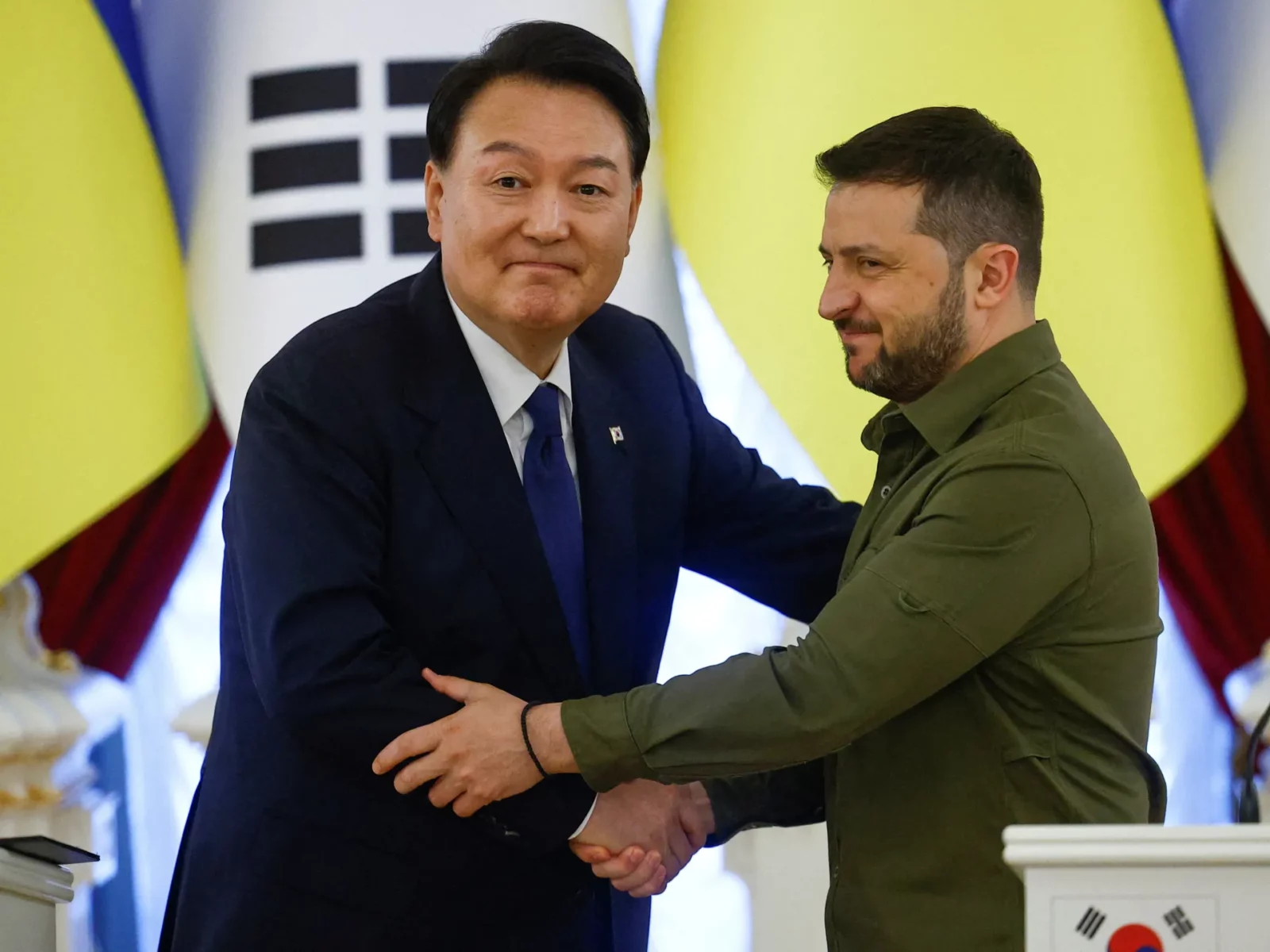
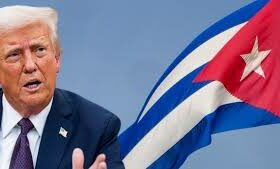
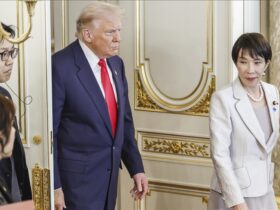
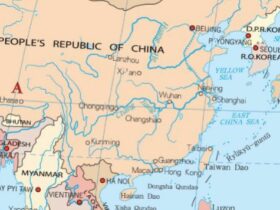


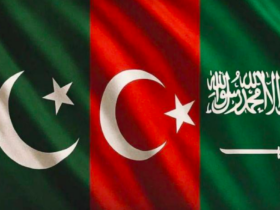
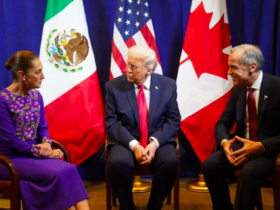
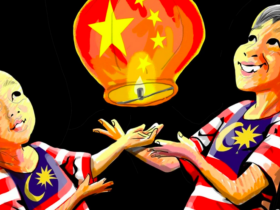

Leave a Reply